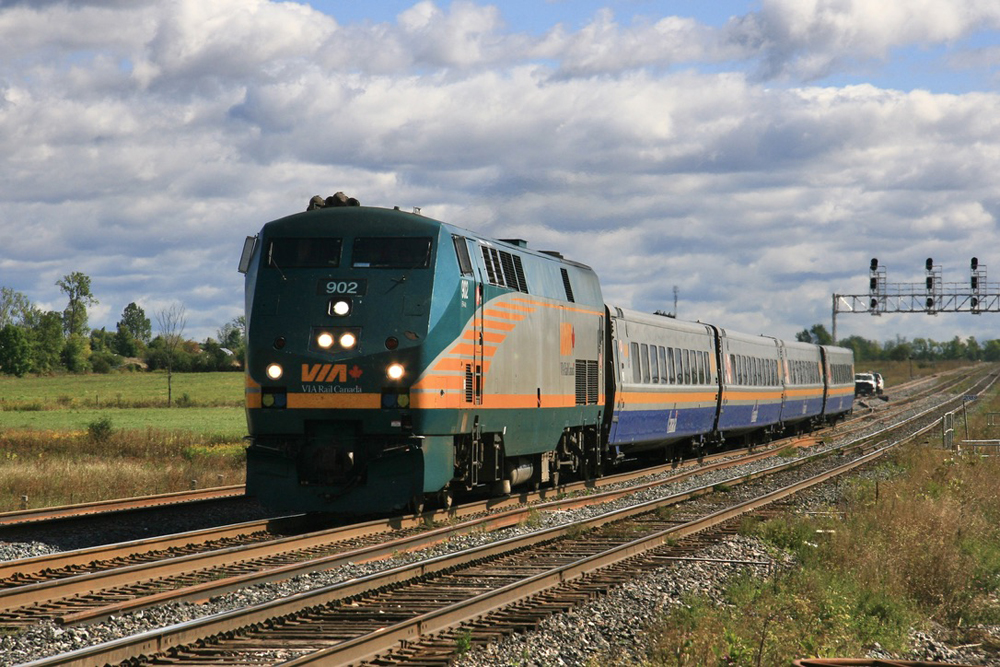crs1026
Superstar
The scope creep is getting ridiculous. Now it's 1000 km? We'll see in 2025, if this survives an election. I doubt it.
It's both fantastic and scary how bureaucrats pile on when the tides turn. Only a few years ago, passenger rail was a non-starter. Now we have 50 people working on this. They will make a meal of it - two years to RFP and then the whole procurement exercse. Plus consultations etc. Why hurry when there is so much job security in slow paced projects?
The original Toronto-Ottawa-Montreal-Quebec City exercise was 800 kms. To get to a thousand, one only has to add Toronto-London (which personally I'm happy to see). One suspects that parts of the old CP line thru Havelock may be bypassed with new construction. That, as opposed to linear distance, is indeed a pile of scope creep, not to mention added time to design and construct.
I am really not expecting to ride this line in my lifetime, even if it survives the next election. But maybe I will get to ride some decent train service to Kitchener and London, thanks to GO......which will be something.
- Paul





